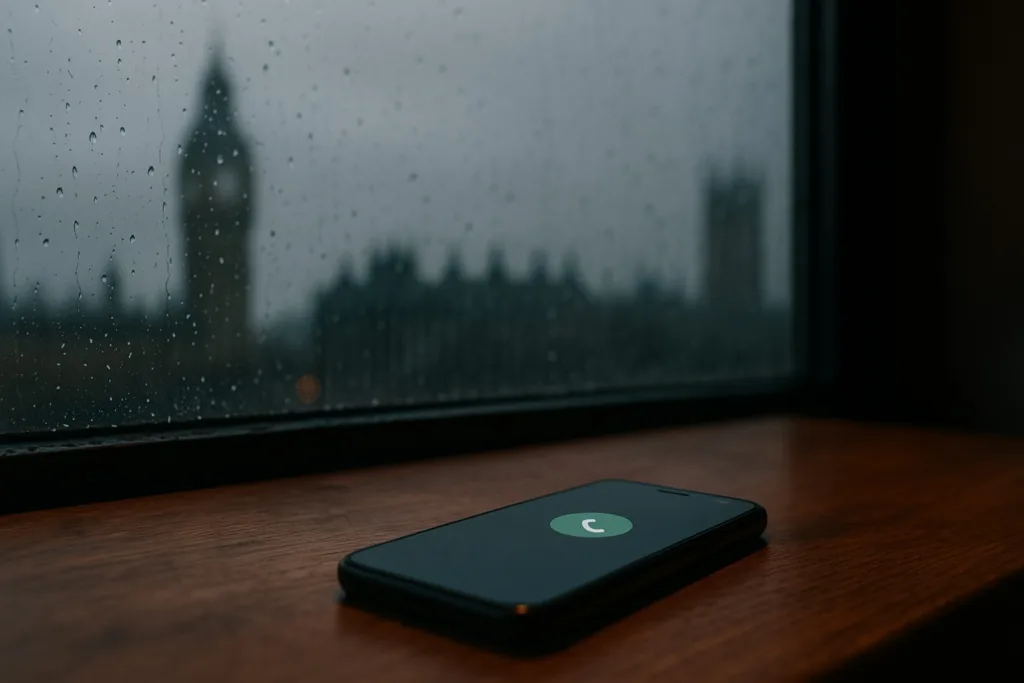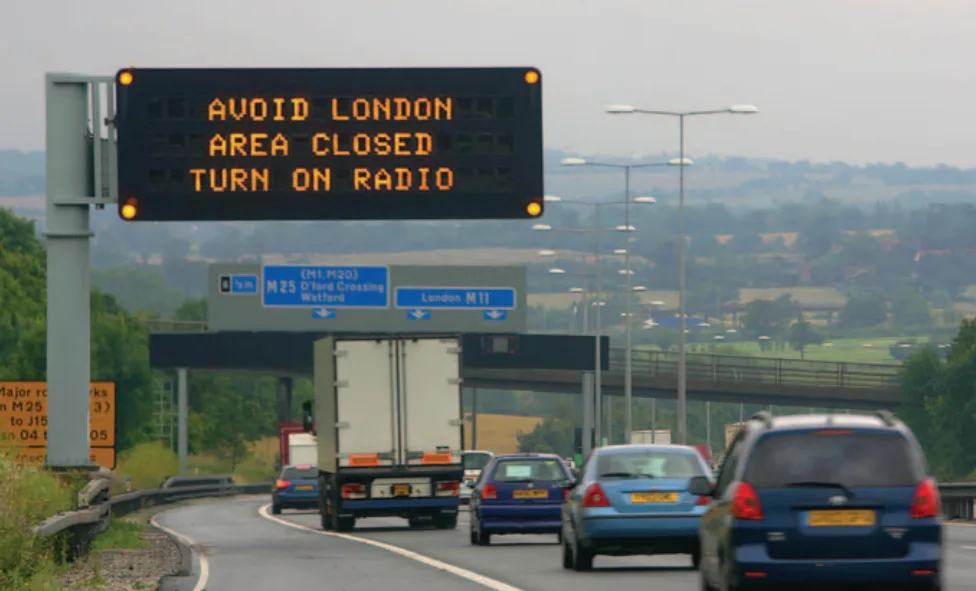
A Personal Reflection on 7 July 2005
A morning that began like any other
Most of us associate 7 July with the darkest memories of London’s recent history.
That morning began like countless others: an early train, a hurried change to the Underground and a glance at the station clock showing 08:50 – just enough time to reach the conference room where I was due to talk about exchange trading. Slick tube-navigation felt like the day’s first small win.
I managed to get there slightly later than normal, but it seemed a lot of delegates were having some trouble.
An unseen crisis unfolding
Delegates drifted in, shrugging off rumours of an “electrical fault” on the network. Sirens outside were written off as London bustle; even two attendees who had been escorted along the tracks assumed it was a one-off glitch. None of us realised four bombs had exploded.
The phone that wouldn’t stay silent
Most people silenced their mobiles for the presentation. I forgot to do the same and repeated buzzing felt rude and disrespectful until I finally answered.
My wife’s shaky question – “Are you OK?” – pierced the room’s calm. Half-way through the call the network collapsed, cutting all contact and replacing certainty with a surreal hush.
Something was wrong, but we didn’t know what.
Choosing to stay together
Seeking guidance, I found a police officer gave a quick debrief and advised us to remain indoors until the scale of the attack was clear.
I offered the group a choice: abandon the session or stay put, reassessing as events unfolded. In true Carry On Up The Kyber fashion, we voted to continue, determined to salvage some purpose from the day.
Looking back, that decision still amazes me — but we didn’t have much choice in reality. Everything was a bit choatic outside and there was a reluctance to head straight into that without much idea of what was going on.
So we made the best of it. Though we did finish early to give us plenty of time to get home.
London falls silent
We wrapped up early and set off on foot as there was no public transport.
Central London was eerily empty, traffic lights blinking to no one, as heavy rain began to fall. An abandoned café gave brief shelter before the mobile network sprang to life.
Phones rang in unison; the torrent of voicemails was very comforting. Voicemails and texts from friends, relatives from near and far seeking reassurance that everybody was ok.
Waterloo finally reopened under armed guard. The slow journey back gave the events room to sink in; televised footage that evening revealed just how fortunate my timing – and my choice of tube line – had been.

Looking back with gratitude
Twenty years on, I now refuse to switch my phone off. It is not about missed opportunities; it is about connection. One unanswered call can be the difference between reassurance and hours of torment for the people we love.
An invitation to kindness
If 7 July taught me anything, it is the fragility of normal life and the power of small acts. A text, a friendly word, a moment of patience — each costs nothing yet can warm another person’s day.
It’s difficult to describe the emotion I felt listening to and reading all those messages when the phone network came back to life. Sharing it will all those people huddle in that abandoned cafe made it just that more poignant.
It was difficult to balance that with the knowledge of those that hadn’t been as fortunate.
Hatred feeds on division; empathy disarms it. So today, spare a thought for those forever changed by terror, and for anyone whose daily life is shadowed by fear or intolerance.
Why this lesson endures
Human connection is priceless. Keep the phone on. Keep the lines open. You never know when that simple choice might bring comfort, save a journey, or even save a life.
